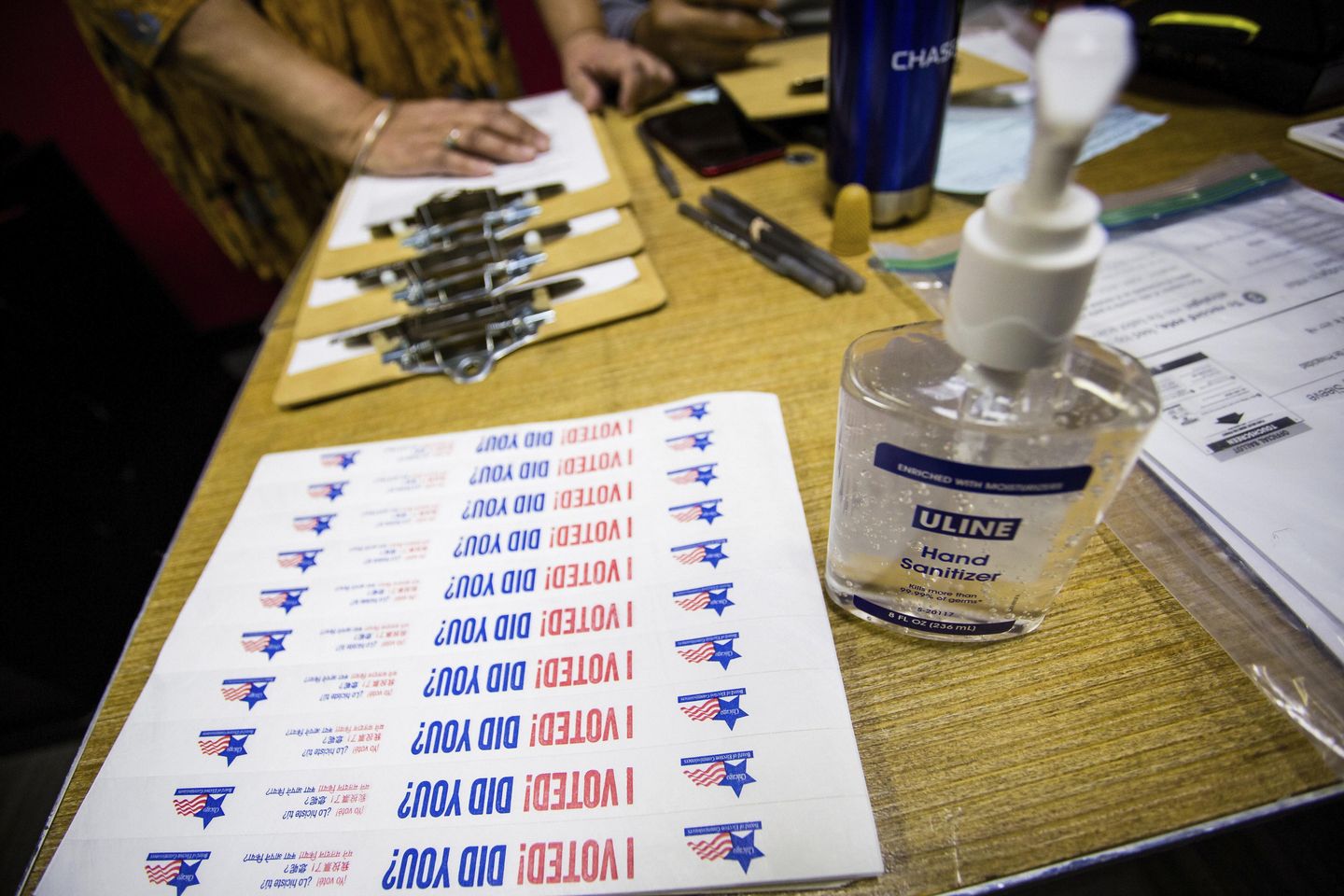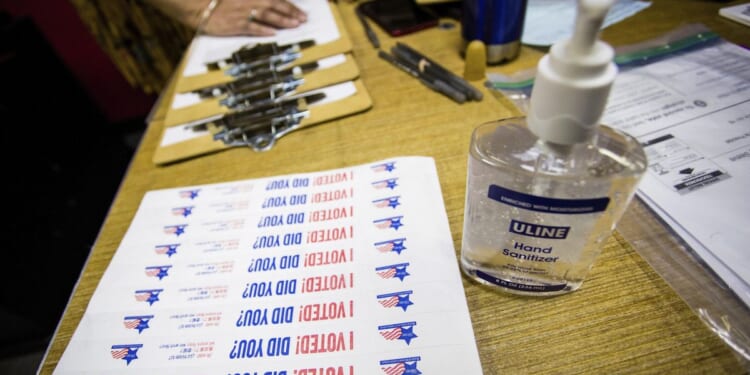
A conservative legal watchdog group says it hopes the Supreme Court will squarely decide this term if political candidates can challenge state laws that allow mail-in ballots to be counted after Election Day and if those laws are legal, given there’s only one federal Election Day. Here’s what you need to know about the ballot counting deadline cases:
The standing issue
Courts have questioned candidates’ legal right to sue over ballot laws:
- Judicial Watch lawyer Russ Nobile said that courts have decided election-related cases from candidates for 135 years, but it wasn’t until the 2020 election and its litigation fallout when courts began pushing back on candidates initiating lawsuits
- Lower courts have ruled that candidates lack standing, or sufficient legal injury, to bring lawsuits
- Such rulings allow judges to dismiss cases without deciding a lawsuit’s merits
- “The [U.S.] Supreme Court had been hearing cases on candidate-based challenges for 135 years … they just assumed jurisdiction, they assumed injury,” Nobile said
The Illinois case
Republican congressman challenges 14-day ballot counting window:
- That’s what happened to Judicial Watch client Rep. Michael Bost, Illinois Republican, who challenged a state law that allows mail-in ballots to be counted 14 days after Election Day
- The 7th U.S. Circuit Court of Appeals said that candidates did not have to post election monitoring in 2022 for late ballots and that it was too early to sue over the 2024 elections, which were two months away at the time
- “This case should help courts have better answers to when candidates have standing going forward,” Nobile said
- The case is Michael J. Bost, et al., v. Illinois State Board of Elections, et al.
The Mississippi case
Appeals court rules five-day ballot window illegal:
- Meanwhile, the justices are considering whether to hear a dispute out of the 5th U.S. Circuit Court of Appeals, which ruled it is illegal for Mississippi to count ballots up to five days past Election Day
- During the COVID-19 pandemic, Mississippi extended the period for receiving ballots up to five days past Election Day
- The state kept the change after the pandemic ended, prompting the challenge
- The case is Michael Watson, Mississippi secretary of state v. Republican National Committee, et al.
The broader implications
Ruling could affect voting laws in multiple states:
- The appeals court decision could curtail voting laws in other states
- More than 18 states and territories allow ballots to be received past Election Day, according to the National Conference of State Legislatures
- It would take four justices to vote in favor of hearing it for oral arguments to be granted
- “The question about when ballots are due is something the court needs to resolve,” Nobile said
The legal consistency argument
Judicial Watch argues for uniform national standard:
- “No court in 2020 ever addressed the merits on the election day statutes in what it displaced in state authority,” Nobile said
- “I don’t think they can have ballots be due in the Fifth Circuit but not elsewhere,” he said
- “They have to probably resolve this merits question”
- Inconsistent circuit court rulings create different ballot counting standards across regions
The political stakes
Conservative group warns of manipulation concerns:
- Judicial Watch President Tom Fitton said the issue of standing has paused other lawsuits contesting mail-in ballots that arrive after Election Day
- He said if the high court rules that a candidate does not have standing, it could serve as a “green light” to the left to challenge and manipulate election practices
- “These votes count in terms of outcomes,” Fitton said
- Standing decision could determine whether future election law challenges can proceed
Read more:
• Illinois ballot case at Supreme Court could help candidates challenge election laws
This article is written with the assistance of generative artificial intelligence based solely on Washington Times original reporting and wire services. For more information, please read our AI policy or contact Ann Wog, Managing Editor for Digital, at awog@washingtontimes.com
The Washington Times AI Ethics Newsroom Committee can be reached at aispotlight@washingtontimes.com.










